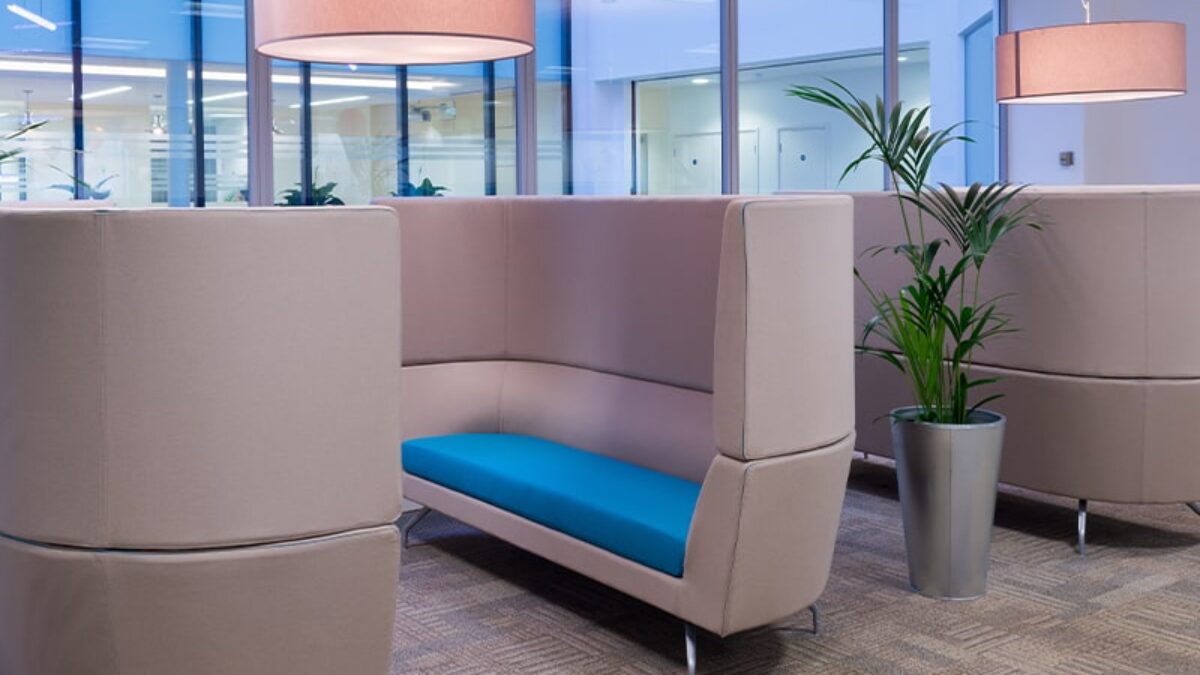Foam is right at home in the cushioning industry, but not all types are ideal for cushioning applications. When it comes to commercial cushioning, choosing the right foam impacts much more than the comfort of the seating. The foam you choose also affects your product’s weight, price, durability, and even its flammability, among other things. All things considered, your choice of foam can be one of the most important things you do in product development and manufacturing.
What Features Does Commercial Foam Need to Have?
Foams used in commercial cushioning applications need a few key strengths, much more than simply being comfortable to sit on for long periods of time. These strengths include:
- Durability: commercial seating is generally used much more often than residential, meaning the foam used in these applications needs to be able to last longer before the products have to be replaced.
- Viscoelasticity: this a material’s ability to return to its normal state after deformation occurs. This will allow a cushion to bounce back after pressure is applied. This is where the term “memory foam” comes from. Find more about viscoelasticity here.
- Heat and flame retardancy: depending on the regulations in your state/industry, your seating may need to meet certain flame retardancy standards. Different foams have different levels of fire and flame retardancy. Learn the difference between flame and fire retardancy here.
- Antimicrobial: a foam’s ability to resist bacteria growth, which can help your products last longer and meet certain requirements and regulations.
Which Types of Foam Should Be Used in Commercial Seating Applications?
There are many different types of foam that can be used for commercial seating.
- Ether polyurethane
- Ester polyurethane
- EPE (expanded polyethylene)
- EPP (expanded polypropylene)
- Cross-linked polyethylene
Which foam you need depends on the type of seating you are manufacturing, the environment where the cushioning will be used, your budgetary constraints, and how the foam needs to be fabricated. Some questions you should be asking include:
- What is the foam being used for (restaurant seating, mattresses, office and residential furniture, athletic mats, and many other applications)?
- What type/types of fabrication need to be done?
- What regulations do your products need to meet?
- How long do you want the products to last?
- Does your foam require other special treatments?
- What density does your foam need to be?
At Amcon, we can help you select the right type of cushioning foams for your commercial seating, and we provide many other services that include sewing, covering and private labeling printing, and other product finishing and fulfillment services.
Whether your order is large or small, we can help. Get in touch with our foam experts to choose the right type of foam today!


